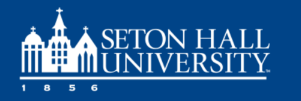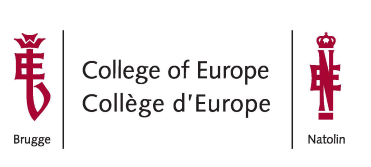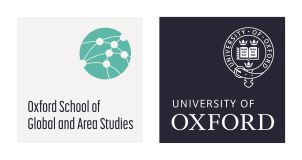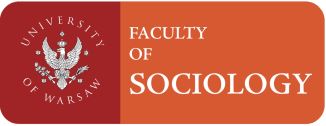Memory and history have always played an important role in diplomacy. However, only in recent years have growing numbers of scholars begun to integrate memory and the use of history into the theories of international relations (IR), a trend most noticeable among constructivists (Langenbacher and Shain, 2010; Perchoc, 2013, Ociepka, 2017). This turn has been partly influenced by the expanding body of research devoted to memory in both theoretical and historical contexts, which has largely centred around the memory of the Second World War and the Holocaust (among others: Cichocka et al., 2005; Assmann 2008; Memory and Change, 2016; Łuczewski, 2017), but it has also been triggered by the increasing importance of memory and identity politics worldwide (Fukuyama 2018; Wang 2018).
On the other hand, history can also serve as a means of reconciliation, with even difficult pasts providing platforms for dialogue through public apologies, truth and reconciliation commissions or international textbooks (Korostelina, Lässig, 2013, Rosoux, 2009). Moreover, memory has wielded an important influence over innumerable fields, from international law, through public discourse, to even seemingly unrelated areas, such as climate security (Fonseca, 2014). Given this expansive reach, there is considerable scope for further research into the influence of history and memory related issues on IR, particularly in terms of academic conceptualisations, methodological approaches and relevance to policy making.
Organisational information
The conference will take place in Warsaw on 26–28 October 2022 in a hybrid format with possible online participation.






